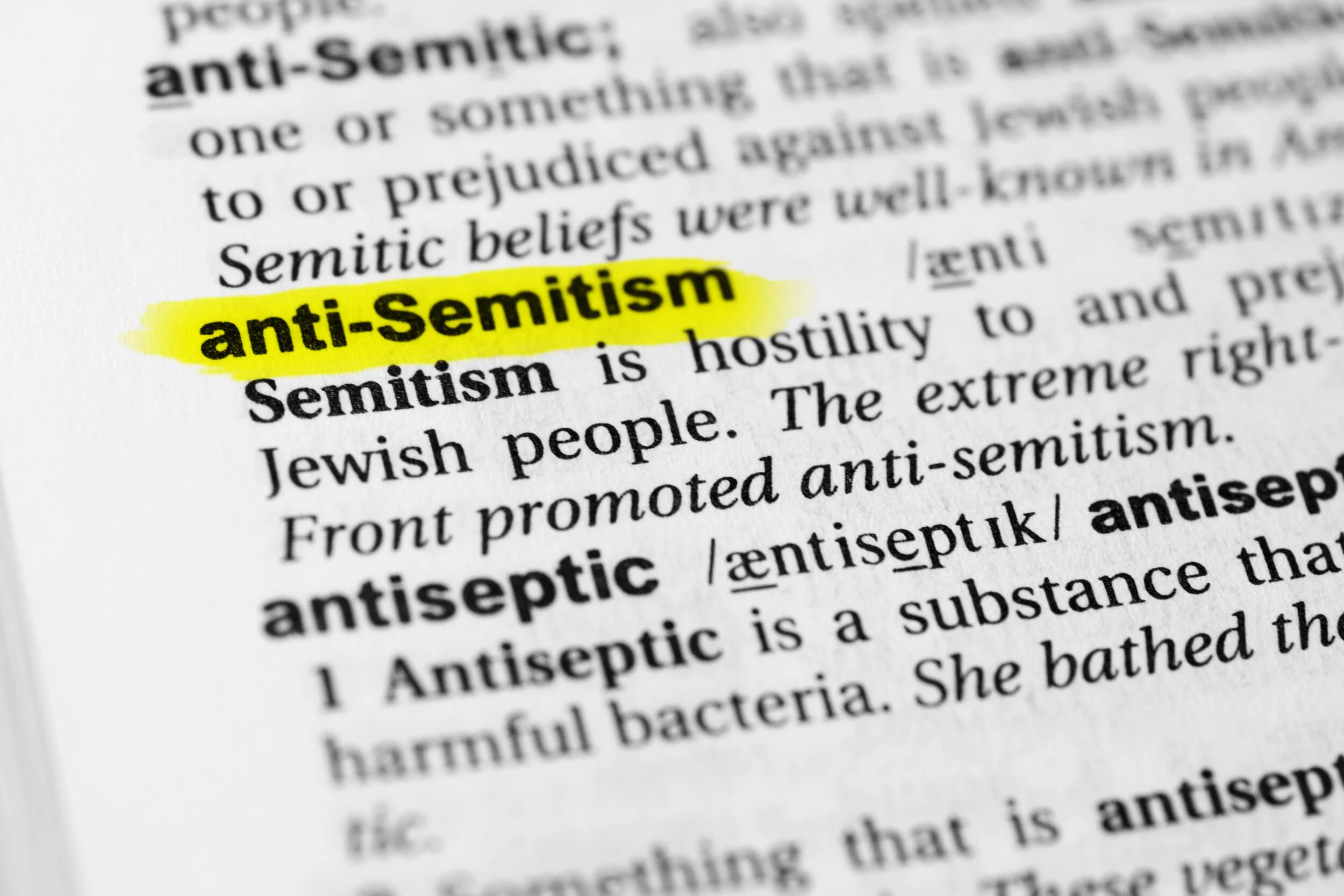What does it say about Israel that its founding prime minister was someone who today might be labeled a “BuJew,” a Jew strongly attracted to Buddhist philosophy? Or that it took Israel more than 70 years to produce a prime minister who identifies with Orthodox Judaism?
The BuJew prime minister was, of course, the otherwise secular David Ben-Gurion, Israel’s George Washington equivalent. Ben-Gurion actually took several days during a 1961 two-week state visit to Burma (today’s Myanmar) to attend a Buddhist retreat. I can’t imagine an Israeli prime minister doing that today given the Jewish state’s current political turmoil and Orthodoxy’s influence.
The first Orthodox prime minister is set to be Naftali Bennett, who as of this writing is scheduled to command the top spot in Israel’s nascent anti-Netanyahu governing coalition, itself tentatively set to formally assume office within days.
Again, what does all of this say? A lot, I’d argue, about Israel’s religious complexity and the degree to which religion and politics are tightly intertwined, perhaps inseparably so, in Israel (and the Middle East in general, but that’s a larger topic for another day).
I’d also argue it underscores the importance for journalists opining on Israel to be well versed on its religious politics — from its varied and often antagonistic Jewish factions, to its distinctive Arab Muslim, Christian and Druse communities — if they are to adequately explain the thinking that goes into Israeli decision making.
Consider the following. Benjamin (Bibi) Netanyahu, the longtime right-wing prime minister, is a secular Jew, as are most Israeli Jews. Yet he nonetheless enjoyed the support of his nation’s ultra-Orthodox parties. Netanyahu gained their support by including the parties in his ruling coalitions, giving them great access and sometimes control over public funds needed for their community institutions and economic safety nets.
Bennett, meanwhile, has gained the condemnation of several leading Orthodox Jews, even though identifies with this religious descriptor.









